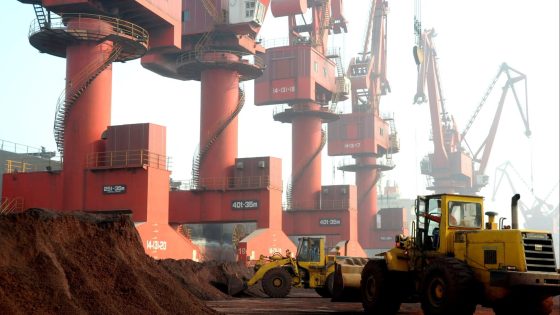Global oil supplies are forecasted to exceed demand this year, even amidst ongoing conflicts in the Middle East. As of June 17, 2025, the International Energy Agency (IEA) indicates that geopolitical tensions are reshaping the oil landscape.
- Global oil supplies exceed demand this year.
- Oil demand projected to grow this decade.
- Geopolitical risks create oil market uncertainty.
- China's oil demand peak anticipated earlier.
- Supply and demand growth drivers are shifting.
- Rising geopolitical strains affect oil markets.
Despite these uncertainties, the IEA predicts a consistent growth in global oil demand throughout this decade, with China expected to peak earlier than anticipated. This evolving scenario raises questions about the sustainability of supply and the impact on global markets.
How will these shifts affect oil prices worldwide? As nations navigate the complexities of energy dependency, the following points emerge:
- Increased supply may stabilize prices despite geopolitical risks.
- China’s earlier-than-expected peak in oil demand could reshape market strategies.
- Western economies may face inflationary pressures as energy costs fluctuate.
- Emerging markets may benefit from lower prices, enhancing economic growth.
Looking ahead, stakeholders must remain vigilant and adaptable as the oil market evolves. Understanding these dynamics will be crucial for businesses and governments alike in navigating future challenges.

































